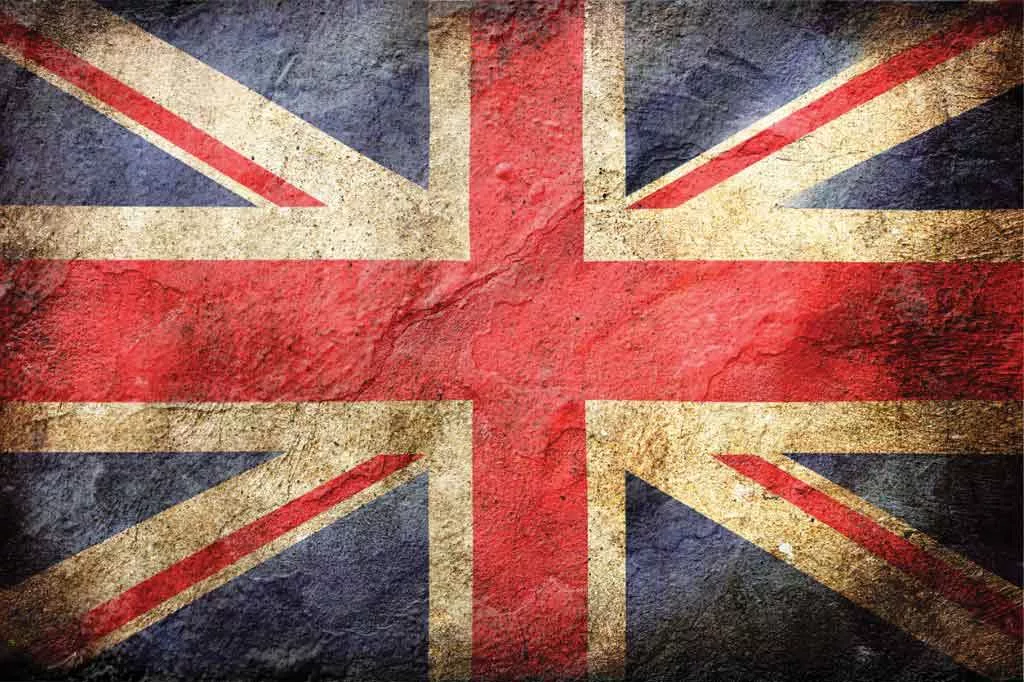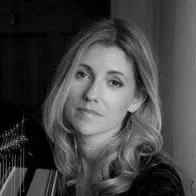The holiday season is here; time for awkward family gatherings! And if you were Concord resident Phebe Bliss Emerson, you might find yourself in the middle of one.
Born in 1741, Phebe was the second child of the Reverend Daniel Bliss. Her family lived in Concord, MA, where Rev. Bliss was the pastor of the Congregational Church from 1738-1764. Rev. Bliss’ fire and brimstone sermons left his parishioners quaking, crying, and praying for salvation.
Like his father, Rev. Bliss’ oldest son, Daniel, was a driven man, passionate about his beliefs and work. Daniel graduated from Harvard College in 1760 and became a lawyer. Upon passing the bar, Daniel took an oath swearing allegiance to the English Monarch and the laws of England and her Colonies. Daniel took the oath seriously; in his mind, to disobey would be treasonous.
When Daniel and Phebe’s father died at age 50, his pulpit was filled by a revolving cast of visiting ministers, including a young man named William Emerson. Born in Boston in 1743, William graduated from Harvard and became a teacher and then minister. When it was his turn to fill the deceased Reverend Bliss’ pulpit, William boarded with the widow Bliss. It was here that William met – and courted - Phebe.
In 1766, the Church of Concord officially made William Emerson the new minister. Shortly thereafter, William married Phebe and purchased property next to Concord’s North Bridge, where he built (or renovated) the Manse (now a museum, which can be visited by the public). Over the next nine years, William and Phebe had five children, the eldest of whom became the father of Ralph Waldo Emerson.

The Old Manse
| ©Jaimee Leigh JoroffAround the time that Phebe and William settled into the Manse, Phebe’s brother Daniel married Isabella Murray, daughter of an English loyalist. The couple bought a house in Concord center, a half a mile from the Manse. Despite the proximity of their homes, Phebe’s brother and husband were not close.
He didn’t, but Daniel could have described William as his “Holy Brother-In-Law from Hell”, because William was a man of God, and an ardent patriot. While Daniel frequently hosted British officials and officers in his house, William was preaching from the pulpit about freedom from England and false idols. Yet, this same minister owned several slaves. The irony of this was not lost on his brother-in-law Daniel, who, like John Adams, did not believe in slavery. Daniel viewed William as a hypocrite and traitor to the crown; and William viewed Daniel as an enemy in their own household.
Tensions between the Colonies and England, and presumably the brothers-in-law, continued to grow. In May of 1774, General Gage, commander of the English forces in the Colonies, was appointed Military Governor of Massachusetts. Gage dissolved the Massachusetts provincial assembly, but its members (including John Hancock and Samuel Adams) ignored Gage’s order and reassembled in Concord’s Meeting House as the Provincial Congress. Lawyer Daniel Bliss disapproved; Reverend William Emerson accepted an appointment as Chaplain of the Provincial Congress.
Pressure on both Phebe’s brother and husband began to mount. Concord neighbors who had once been friends with Daniel Bliss now turned on him. One evening, as two British soldiers visited his house (and likely collected information about Concord happenings), townsmen’s anger boiled over and murmurs and threats of tar and feathering or even death reached Daniel. Under the cover of darkness, Daniel slipped away from Concord to the safety of Boston. He never returned to Concord.
Likewise, William’s actions did not go unnoticed. Governor Gage had a wide network of spies working for him, one of whose identity was kept so secret that his or her name is forever shrouded to history. This person would write reports in French, perhaps as an attempt at encryption. In early 1775, this spy sent a report from Concord to Boston describing the Reverend William Emerson as “un très mauvais sujet” - a very bad subject (of the Crown).
This “Very Bad Subject of the Crown” had excellent hearing, for, a few months later, on the morning of April 19th, 1775, when the town bells rang in response to the alarm that the King’s troops were on the march to Concord, William heard the bells half a mile away at the Manse. Up rose William and, gun in hand, the Minister was the first Concordian to reach the town center where he was shortly joined by fellow townsmen and minutemen. Rumors swirled about the massacre of fellow minutemen in neighboring Lexington (the battle on Lexington Green). With William in their midst, about 100 men began to advance towards Lexington. They were met by 800 bayonets sparkling in the rising dawn; the King’s troops were arriving in Concord! Still unsure of the details of what had occurred in Lexington, and not wanting to instigate a fight, the Concord men paused. Several sources report Rev. William Emerson urging the group, “Let us stand our ground! If we die, let us die here!”

Old Hill Burying Ground
| ©Jaimee Leigh JoroffIn modern English, the consensus of the vastly outnumbered group was “Nope. Not today,” and they fell back, first to the hill above the Old Hill Burying Ground by the town green and then further up the road, past William’s house, over the North Bridge and up the hill on the other side.
William’s whereabouts over the next few hours are debated. He could have been in his nearby home, the Manse, but most likely he was at the North Bridge, in the midst of the activity. Wherever he was, William wrote a detailed account of the morning and the subsequent fight at the North Bridge that launched the American Revolutionary War.
A year later, William accepted a position as a Chaplain to the Continental Army at Fort Ticonderoga, NY. Upon arrival, William found the camp rife with disease. Soon after, the 33-year-old minister was himself stricken. Too ill to continue in his post, William received a medical discharge and attempted to return home. He made it to Rutland, VT, where, on October 20, 1776, he died in the house of local minister Benjah Roots.
Two years later, Massachusetts passed “The Banishment Act of 1778”, banning more than 300 Loyalists who had supported England. On the list: Daniel Bliss, Esquire. Daniel and his family were forced to leave America. They relocated to New Brunswick, Canada. Daniel never saw his sister Phebe or his home country again.
The American Revolutionary War ended five years later.
But where were William’s remains? Generations passed. Phebe and William’s grandson, Ralph Waldo Emerson, went in search of his grandfather’s remains and learned that William had been buried in Rev. Benjah Root’s family plot in Vermont. His remains were not disturbed, and an empty tomb was erected in Concord’s Old Hill Burying Ground to forever serve as a memorial to William Emerson, Concord’s Patriot Minister, loving husband and father, champion of liberty, and “a very bad subject of the crown.”
Sources and Recommended Reading:
Brooks, Paul (1983) The Old Manse and the People Who Lived There
Gross, Robert A. (1976) The Minutemen and Their World
Shattuck, Lemuel (1835) A History of the Town of Concord
Emerson, William (1775) The Stand at the Concord Bridge (Audio version available on the Barrow Bookstore Audio Series YouTube Channel)
Places to Visit:
The Old Manse Museum
269 Monument Street
Old Hill Burying Ground
Monument Square
(top of Main Street)
The North Bridge & Minute Man National
Park Visitor Center
174 Liberty Street


